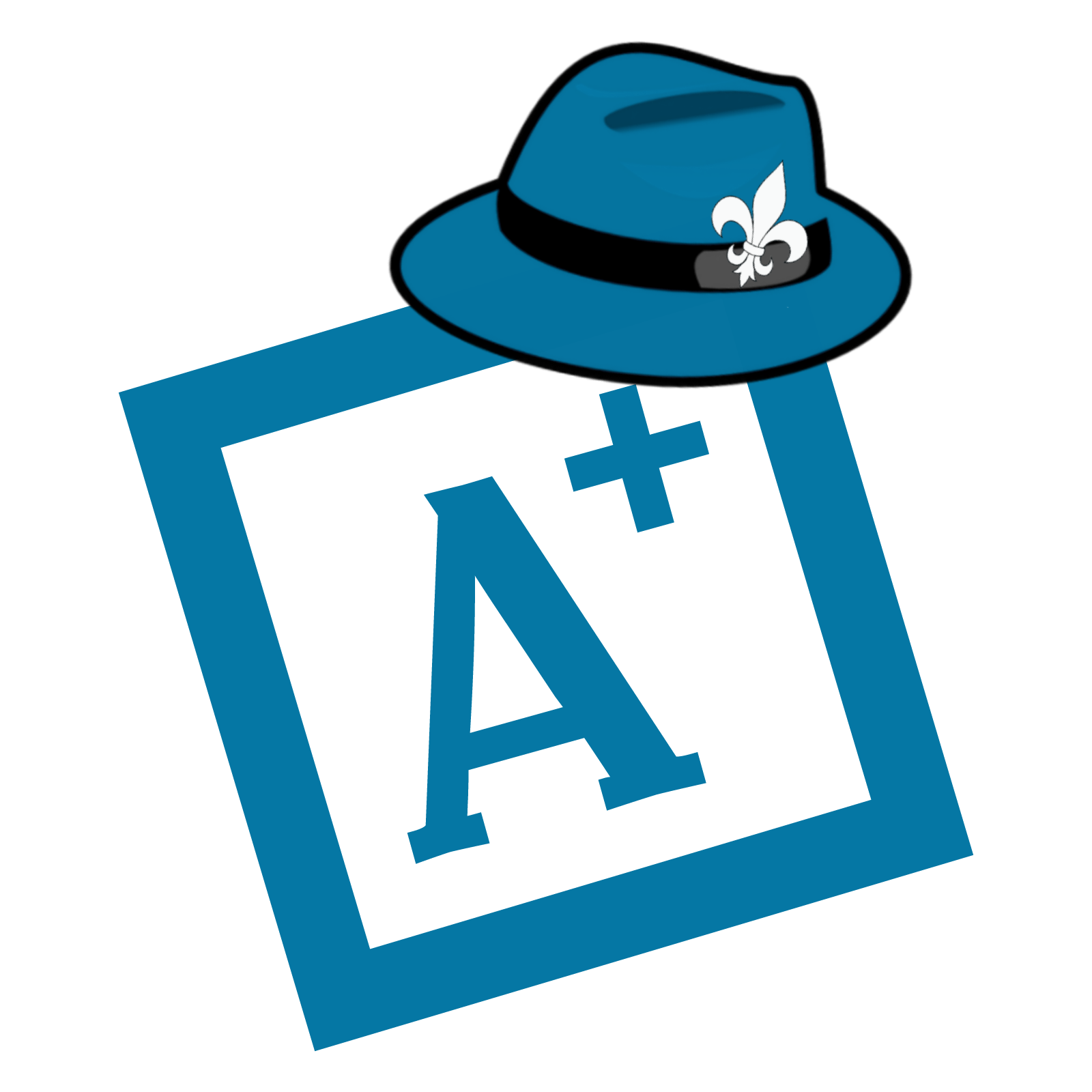This post was written by Marie-Eve Brideau, founder and CEO of À la Perfection
Language teacher, trainer, tutor or coach. How are they different from each other? Many people seem to misinterpret each aspect of the language training tree. Throughout my career, I have had my share of experience with each of these and continue to fulfill some of those roles in my private practice and with corporate clients. Based on this experience as well as certification and accreditation as a Neurolanguage coach, I’d like to help you understand the differences a bit better so you can make an informed decision.
The group approach: the Teacher
In Canada, the term teacher usually applies to the elementary and secondary school systems. In order to do that, we need a combination of university training, practicums and a final seal of approval from a government body. In my case, it was a 4-year bachelor degree in teaching English as a second language, 4 practicums at different levels and a teaching permit from the province of Quebec. Some provinces protect the title of teacher and require a certification, like Ontario, so I obtained that certification when I moved as well.
As second language teachers, we have many responsibilities with younger generations, in general from 5 to 17 year-olds. One of those responsibilities is to introduce them to a second language and open their minds to the world. That means English in the province of Québec and in French communities and schools across the country, French in the rest of English-speaking Canada. We are there to help them develop a set of skills that will be helpful all their grown lives. The curriculums are set by the province and we are taught to impart as much knowledge as possible to multiple classes of 30 to 35 students at different levels, test it and move on to the next class. I really enjoyed those years but I wanted to save every student… When you have over 180 of them, that’s a bit crazy!
The group approach: the Trainer
Trainer is a more widely used term to represent a professional giving training about a skill or set of skills, usually in a business setting or in adult education. No specific qualifications are required but employers look to hire the best people they know for the job. However, we are back to the classroom setting with slides or a course book to follow and the learning is often passive.
As far as language training classes go, a lot of information is shared and training is often grammar-based.
The individual approach: the Tutor
Nowadays, everyone seems to be a tutor from the moment that they share in private their knowledge on a topic or school subject. It does not require a certification or specific training. It is often seen for school-age kids who need extra help in maths, science or even French. A tutor generally follows a set curriculum, often based on what a learner has already seen in school and helps them through more complex concepts.
The individual approach: the Coach
The title of coach seems to be more of a buzz words lately. It is not a protected title but professional coaches (business coaches, life coaches, etc.) obtain training and certification from a governing body like the International Coach Federation. There are multiple types of coaching but the principles generally remain the same and we are bound by a code of ethics.
Language coaching, as an official coaching discipline, is fairly new. Many tutors have taken the language coach title to sound more professional without the benefit of the actual training this title brings. A recognized program like the Neurolanguage Coaching certification, through Efficient Language Coaching, ensures that the coaching principles are respected and that formal coaching models are explored.
Part of this certification involves a much deeper knowledge of neuroscience and how the brain works. I personally use these concepts in my practice on a daily basis to help my clients understand how their brain works and how they can make efficient use of it to learn anything they want, including a language when they are adults.
In addition, understanding that stress is one of the major hindrances in the learning process and finding ways to avoid it based on each individual brain is something I thoroughly enjoy.
If you learned something new, please leave us a comment, share or send us an email at info@alaperfection.ca with your take on this topic.
Are you ready to step up your game?
Phew! Still with me? Great! Some of those tips are presented into more details in our free 3-day training to help you gain clarity on your goals. Do you want to be able to build your own action plan and finally succeed at learning the French language? If the answer is ‘yes’, click below to sign up for our FREE 3-day training!
If the answer is ‘no’, we’d love to hear your feedback. What have we missed in our attempt to help you take that first step? What obstacles might we have overlooked?

